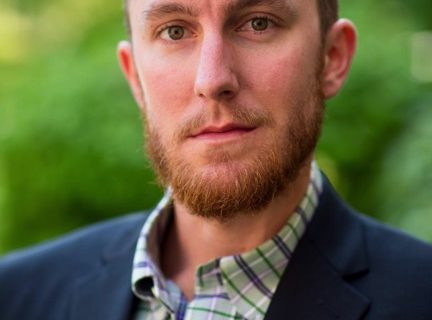 In high school, I scoffed at the idea of putting more effort into my humanities classes because I thought a smart person like me should pursue only the hardest subjects, and surely those were not them! In college, still interested in science but only pretending to have my priorities straight in a new world of opportunity, my scientific endeavor continued. I just wanted to do something challenging, without much thought as to why I was doing it.
In high school, I scoffed at the idea of putting more effort into my humanities classes because I thought a smart person like me should pursue only the hardest subjects, and surely those were not them! In college, still interested in science but only pretending to have my priorities straight in a new world of opportunity, my scientific endeavor continued. I just wanted to do something challenging, without much thought as to why I was doing it.
Notre Dame physics made sense given my background, but the program has ultimately steered me away from the thing I ostensibly came here to do and altered my course in ways I never anticipated. My advisor, Maxime Brodeur, has been every bit the positive mentor one could hope to have in graduate school and that I was searching for during my second year. And my project, a two-pronged approach to measuring exotic atomic masses of relevance to the astrophysical rapid neutron capture (r) process through instrument development and Penning trap mass spectrometry, has been (mostly) captivating and rewarding. But I’ve realized now in my fifth year that it’s not so much doing science that I enjoy, but communicating its significance. Given that I think everyone should regard science’s methodology and culture as highly as I do, I want to work as its advocate to promote scientific thinking in areas beyond fundamental research.
After graduating and hopefully whiling away at least some of the six-month grace period before my undergraduate student loans come due, I’ll make myself useful somewhere between those doing research of the type I will have left behind and those in government who have to confront its findings.

